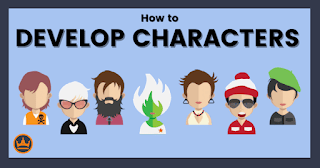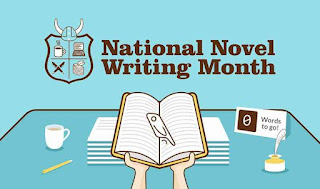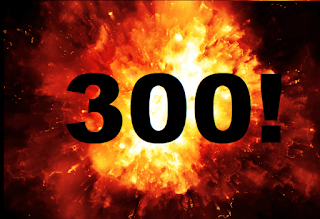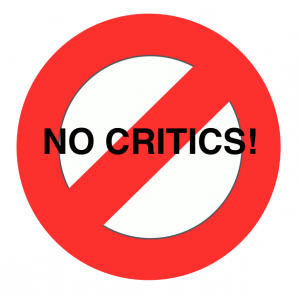For this short little post - the last one of 2021 - I think about the togetherness of family, going to church, exchanging gifts, gaining weight and appreciating what we have. Well, this year has been a tough one to appreciate. On that note, how can we use the tools we have as writers to reclaim some of this most important of holidays?
Christmas is still plagued by all that COVID entails, and no matter what anyone says, it will be different... again. I just know that of the few things I can control, one is my decision to also be a writer during this time.One of the skills we pick up as writers is the ability to process our thoughts and feelings in a way so that they come out on paper. We channel a lot of things into the world when we write, and by doing this, we can create some very special things.
A quick consideration for making Christmas particularly special during these days of COVID. For the people who you were hoping to see this year but can't, write something for them. Write a quick description of your favorite memory about you and that person. Write them a fun little holiday poem. Just write them an email personally telling them why you will miss seeing them this year. Use your abilities and tools as a writer to communicate those feelings in a very simple manner.
This may sound cheesy, but trust yourself as a writer. Trust that what you say will have meaning and feeling. And believe that when you do this, you will move the person in the way a gift should.
My favorite story for the season is How the Grinch Stole Christmas! With this, my main takeaway is that while the Grinch stole all of the trappings of the holiday, he only belatedly learned that the part he couldn't steal was the thing he never understood - Christmas involves a spirit, an attitude, that can't be taken away from us. Not by the Grinch, or by a virus, or anyone. And you can retain that spirit with something as simple as your writing.
So on that note, Merry Christmas, Happy Holidays, and I will see you with my next post, which will be Monday, January 3th, 2022, so Happy New Year as well.

























